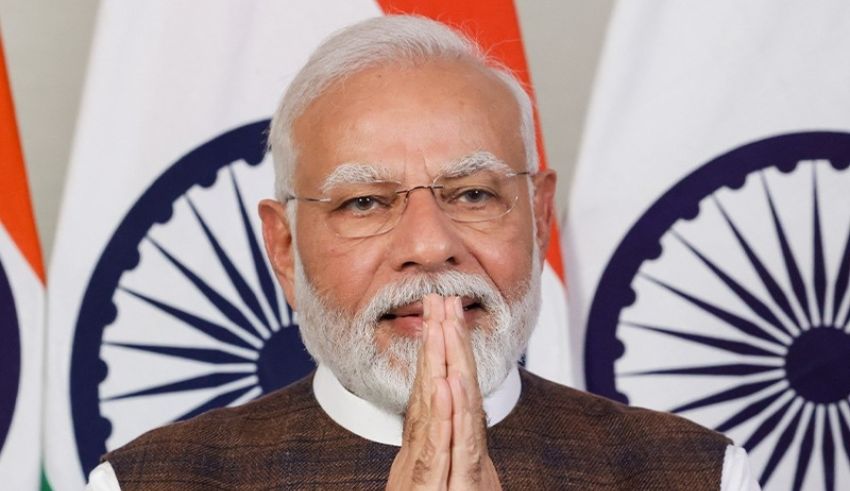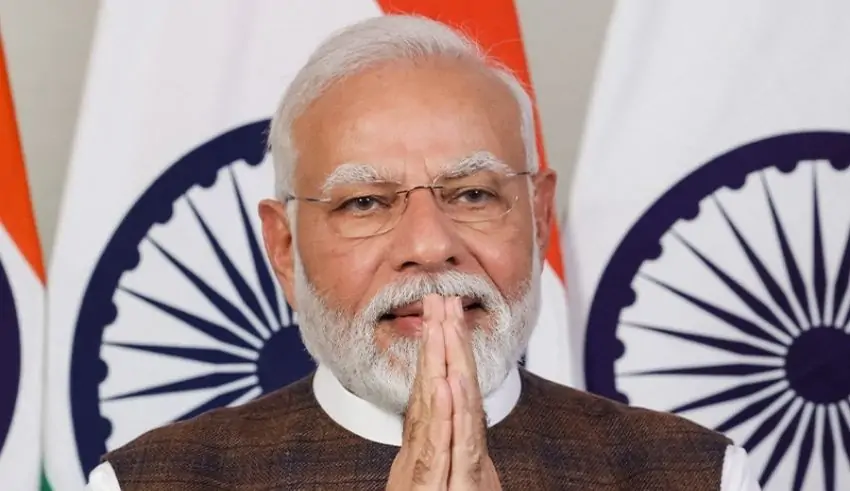

(C) Narendra Modi FB
Prime Minister Narendra Modi is clearly changing his economic approach starting his third term. Emphasizing real job creation above grand promises, this new path asks the richest people in the country to lead this transforming project. At last week’s swearing-in event, the two richest men in India—Mukesh Ambani and Gautam Adani—emphasized their vital roles in the India Modi, fellow Gujarati, has molded over the previous ten years.
Creating employment chances today mostly falls on powerful people like Mukesh Ambani and Gautam Adani. These billionaires are supposed to make major use of their enormous riches and influence to greatly increase employment all throughout the country. Either they have to drastically increase the employment market or deal with mounting public unhappiness about income inequalities. The motto “Less talk, more jobs” captures the pressure and urgency Indian millionaires have to provide actual results.
Under Modi’s direction, the government has created around 10 million new jobs in recent years, therefore establishing a good standard for employment generation. The 2024 budget emphasizes this dedication with focused initiatives meant to boost job creation and private sector investment. Important campaigns consist in:
The employment creation goal of the government mostly depends on massive infrastructural projects. Expected to provide millions of employment in engineering, construction, and allied sectors are initiatives like the Sagarmala project, targeted at port renovation, and the Bharatmala Pariyojana, which emphasizes road connectivity. These initiatives seek to increase trade, enhance connectivity, and create mass jobs, so supporting economic development.
Acknowledging the demand for a qualified workforce, the government has enlarged initiatives like the Pradhan Mantri Kaushal Vikas Yojana (PMKVY), meant to equip millions of young Indians in many crafts and professions. Apart from improving employability, this program guarantees that the workforce satisfies the needs of a fast changing labor market. Through stressing certification and skill development, PMKVY closes the gap between industry standards and labor capacity.
Modi’s economic plan revolves mostly on the “Make in India” campaign. The government wants to establish India as a worldwide manufacturing base by pushing manufacturing and foreign direct investment. From electronics to automotive, this approach is supposed to provide lots of employment in several industries. Encouragement of a competitive manufacturing environment helps draw foreign businesses to establish operations, therefore creating jobs and improving the national economy.
Several programs the government started aim to assist micro, small, and medium-sized businesses (MSMEs). Programs like the MSME Development Act and the Startup India campaign provide market access, financial support, and easy of doing business, therefore fostering indigenous innovation and employment development. These steps seek to empower entrepreneurs and small companies so that they may greatly help to create jobs and stimulate the economy.
Meeting high job creation targets calls for public sector projects coordinated with private sector participation. Policies are under development to support companies giving employment a priority. To promote corporate sector involvement in this national endeavor, measures like simplified processes, tax incentives, and subsidies are being implemented.
Businesses are being advised to include employment generation into their main operations. Along with increasing their staff, this entails helping projects for vocational education and community development. This helps businesses close the skill gap and guarantee that economic development results in more general society wealth. Cooperation among businesses, academic institutions, and vocational training institutes can produce customized initiatives fit for sector need.
Emphasized for using the strengths of both sectors are public-private partnerships (PPPs). In sectors like infrastructure development, where the government’s combined resources and private sector knowledge can result in significant job creation, these alliances are especially important. PPPs optimize their effect on employment and economic development by motivating innovation, improving efficiency, and guaranteeing timely project completion inside budget.
Under Prime Minister Narendra Modi, the new phase is distinguished by a realistic approach to handle problems of economy. Through emphasizing job creation, the government and corporate leaders of India are cooperating to negotiate a time when fair and sustainable economic growth is possible. Apart from guaranteeing India’s economic stability, this cooperation is essential to solve the long-standing social inequality that impede the country.
Modi’s third term promises to bring about radical economic development if he can guarantee that growth benefits all spheres of life and creates a favorable climate for employment generation. The success of this approach would rely on the continuous cooperation and dedication of the public and commercial sectors, therefore stressing the need of a cohesive approach to construct a rich and fair India. This coordinated effort will open the path for an economy marked by diversity, creativity, and sustainable development—that will eventually help every Indian.
The Chinese Coast Guard ships extended their stays near the Senkaku Island region which led Japan to lodge formal diplomatic…
Numbeo reports in the 2025 Safety Index that the United Arab Emirates (UAE) has become the second safest country in…
Thailand’s automobile sector remains heavily challenged as car output during February 2025 dropped 13.62% year on year to 115,487 units.…
The Canadian Security Intelligence Service (CSIS) has officially warned about foreign entities trying to change election results on April 28th.…
Samsung Electronics CO-CEO Han Jong-hee has passed away suddenly after suffering a heart attack, as announced Tuesday. The sudden demise…
The Japanese market for mergers and acquisitions now allows unsolicited acquisition offers due to recent Ministry of Economy Trade and…
This website uses cookies.
Read More